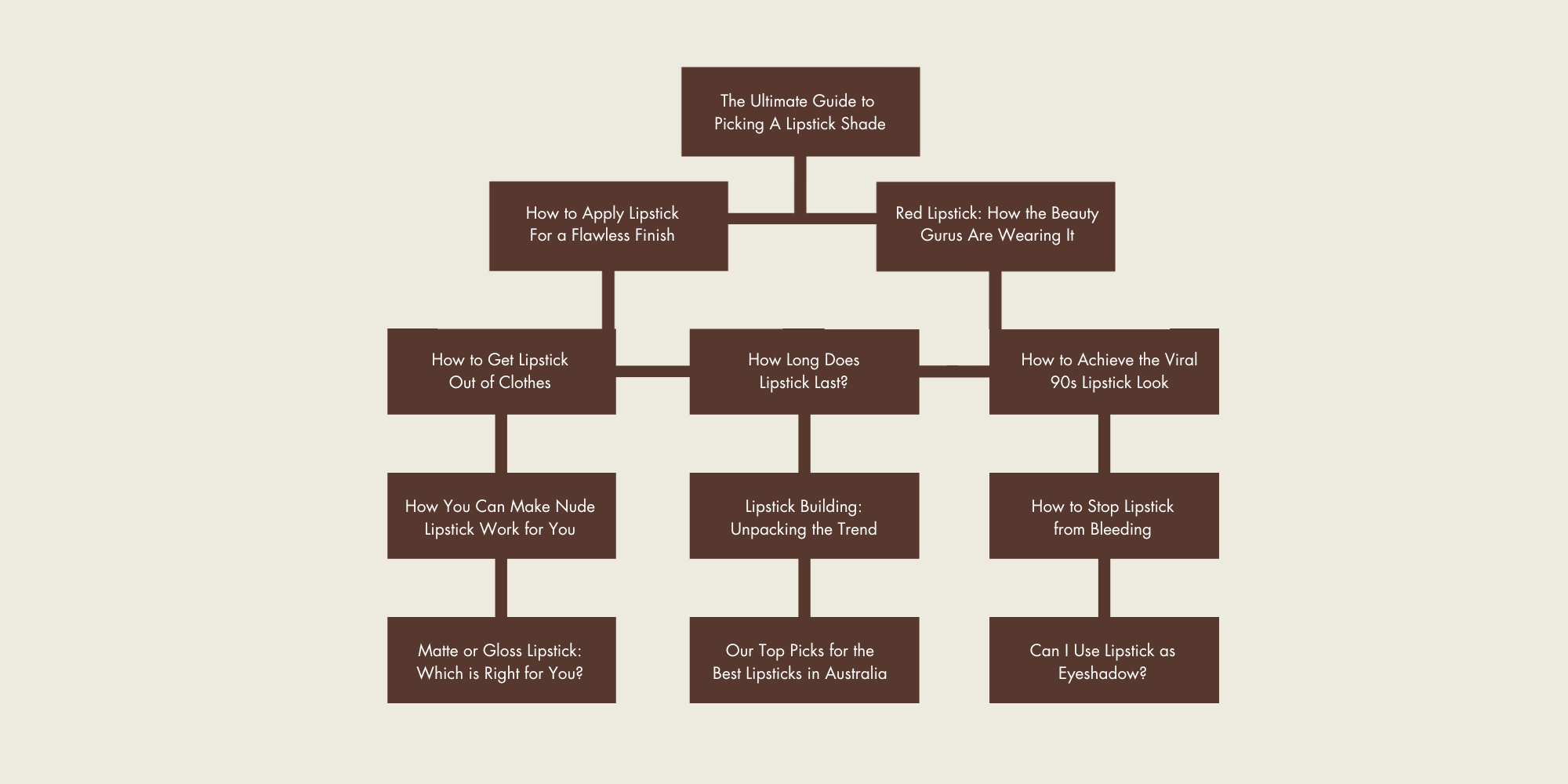We all want our content to rank at the top of the search engine results pages (SERPs). Topical authority is one of the elements that can help get you there. It is essentially a measure of a website’s credibility. If a piece of content has authority, it has more influence than other pieces of content on the internet.
Why Is Topical Authority Important for SEO?
When it comes to SEO, a page has a better chance of ranking well if it’s perceived as being highly authoritative.
In other words, your page is unlikely to rank well if Google doesn’t see your business as an authority on the subject you’re discussing.
That’s why one of the most important SEO undertakings is optimising website content to display EAT: expertise, authoritativeness and trustworthiness.
Having a high level of EAT and a positive website reputation helps to improve your rankings and solidify the relationship between your brand and relevant keywords.
You can begin to build topical authority by creating high-quality content about a certain subject. To become an authority on a topic, you’ll need to cover everything related to that topic (read: you’ll need to target all relevant keywords).
How Does Topical Authority Work?
Essentially, the more you write about a topic, the more search engines and readers will see you as an expert — or an authority — on the subject.
When your website houses a lot of content about a certain topic, this allows you to build a strong internal linking system. As you create more content pieces around the same subject and internally link them to one another, your topical authority increases.
This process signals to search engines that you understand your audience and what they’re looking for, and search engines will reward you for this. You’ll achieve topical authority when your site completely covers a topic as a whole, as opposed to individual keywords.
So, in summary: high-quality, comprehensive content = topical authority = higher rankings.
How to Build Topical Authority
Now that we know what topical authority is, how it works and why it’s important to SEO, let’s unpack how to build topical authority.
Step 1: Choosing Your Content Pillars
When it comes to building topical authority, topic breadth is essential. Topic breadth is all about selecting a wide range of semantically-related topics for your content strategy.
So, the first step of building topical authority is creating a topic map that covers all semantically-related topics. Start by selecting your high-level topics, or content pillars. These are the topics at the top of the keyword funnel — they’ll have higher search volume and, depending on the niche, may have higher keyword difficulty.
For example, if you’re in the beauty niche, ‘lipstick’ might be your content pillar.

Step 2: Create Your Content Map
Once you’ve identified your content pillars, it’s time to create your content map, by choosing the secondary topics that will support your pillar keywords.
This process is known as creating content depth in your topic map. The idea is to create content verticals that feature the following:
- A content pillar or parent topic
- Main subtopics
- Secondary subtopics
- Low competition subtopics
Think of these verticals like content hubs for each of your pillars. Let’s take the beauty niche example from above. In this topic map, we’ve targeted the pillar topic of ‘lipstick’.

Step 3: Write Comprehensive Content
Next, it’s time to start writing. Remember, Google looks favourably upon high-quality, well-researched and expertly-structured content.
Each subtopic should have its own detailed, in-depth article: not only should you answer the main question or talk to the main keyword, but you should also aim to answer related questions to provide readers with more value.
Set your article apart from the rest by coming up with a unique structure. You might like to include quotes from experts, present a new point of view on an established topic, or include your own case studies.
As you begin to formulate your article, ensure your tone of voice adheres to your brand’s existing copy. While it’s essential to incorporate keywords for the sake of SEO, this shouldn’t come at the expense of your tone of voice.
It’s especially important to maintain stringent rules on your tone of voice when outsourcing your SEO content writing.

Step 4: Focus On Crawl Efficiency
Crawl efficiency measures how easily search engine bots can discover, crawl and index pages on your website. If search engine bots find it difficult to crawl your website, this indicates that you’ve failed to create contextually-relevant pages.
So, how can you improve your crawl efficiency? Internal linking and URL structures are the two primary elements that make or break crawl efficiency.
When you add internal links to relevant anchor text, search engines can better understand your website structure and page hierarchy. Internal links also allow readers to get to know your brand and content.
It’s also important to keep your URL structure contextually relevant and evergreen.
Step 5: Research, Write & Publish (On Repeat)
Consistently creating and publishing content will improve your authority on Google — but the content must be high-quality. Search engines view regular, quality content output as an indication of EAT.
Without an internal SEO content team, it can be difficult to maintain the frequency required for the best results. That’s where agencies like us come in. Our writers are experts in writing the kind of quality optimised content that Google wants to see.
They can also help you get the most out of your content by repurposing it across your channels and platforms.
Step 6: Reach Out
Reach new audiences and boost authority by reaching out to guest posters and relevant social media accounts.
Acquiring backlinks and social signals can help position your brand as trustworthy and knowledgeable in your niche. Ensure you’re only securing links and signals from reputable sources.
Step 7: Hit Refresh On Your Existing Content
Monitoring and updating your existing content is a great way to squeeze more from your content investment.
Search engines and readers are more inclined to trust sites that update their content regularly. Update old pieces by talking about new statistics and trends.
We all want our content to rank at the top of the search engine results pages (SERPs). Topical authority is one of the elements that can help get you there. It is essentially a measure of a website’s credibility. If a piece of content has authority, it has more influence than other pieces of content on the internet.
How To Measure Topical Authority
Unfortunately, there isn’t a definitive way to measure topical authority. While increasing traffic and improved rankings are great signs, we can’t pin these results on topical authority with any certainty.
However, Ahref’s Kevin Indig has formulated a rough method for calculating topical authority.
- First, take your pillar/parent topic, like ‘lipstick’, and enter it in Ahrefs Keyword Explorer.
- Then, go to ‘matching terms report’ and filter for a minimum search volume of 10.
- Next, export all keywords and reupload them into the keyword explorer.
- Head to ‘traffic share by domains’.
- Your traffic share is essentially your topical authority.
Topical Authority: Make Your Mark
Topical authority is the key to securing your position at the top of the SERP. In order for search engines to rank your content, they need to perceive you as an authority on the topics you’re discussing.
You can build topical authority by:
- Creating a comprehensive topic map with pillar topics and semantically-relevant subtopics
- Writing high-quality content
- Internally linking to all relevant content pieces
- Securing backlinks and social signals
- Maximising crawl efficiency
- Regularly updating your content
With topical authority comes higher rankings, more traffic, and, in turn, increased conversions. It’s well worth the effort.

